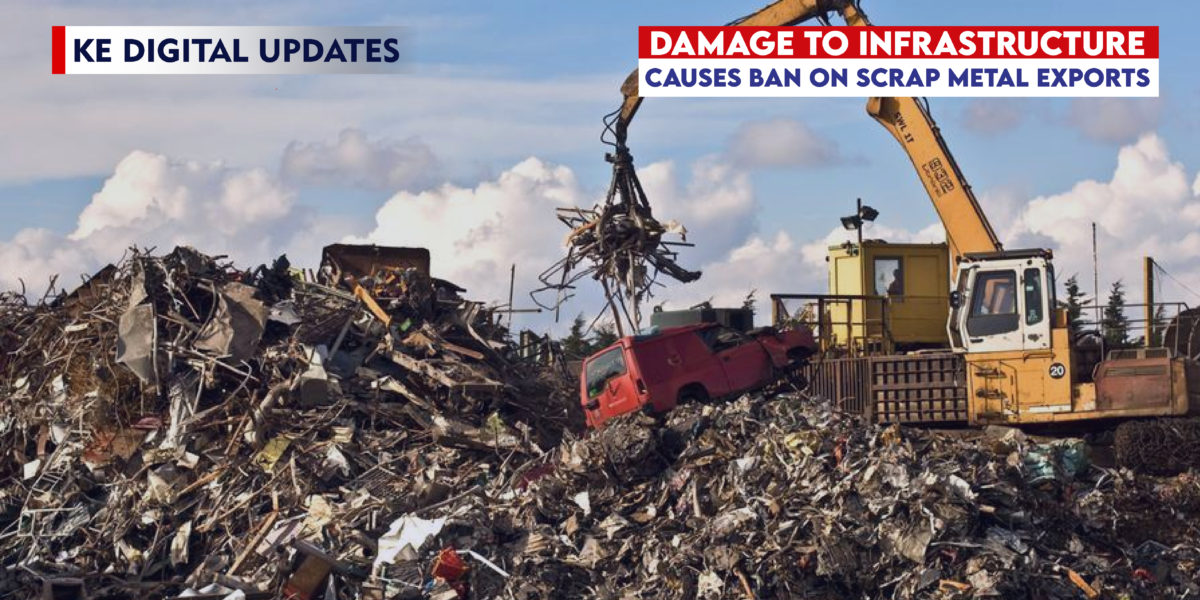In South Africa, public infrastructure has been affected by stolen copper and other metals, which interrupted the supply of electricity and the operation of trains. In this perspective, the government of South Africa is considering banning scrap metal exports. Trade, Industry, and Competition Minister Ebrahim has suggested in a publication in the government gazette that it needs to take public comments for three weeks before the final decision.
There are a few measures to take to control the situation. The first proposal is to ban scrap metal exports for six months. Second is the registration of sellers and buyers for monitoring and policy making. The third is the legislation and implementation of necessary laws to control the stoles regarding trade in scrap metal on border posts and ports.
Criminals have stolen the power cables, electricity polls, traffic lights, railway tracks, and cover of the manholes, which are lost to the country. According to Railway Regulation Transnet, stolen copper cable is 39.4km, and all-out attacks on rail infrastructure of South Africa are 123. Copper stoles have increased from 120km in 2017 to 724 km in 2021, and incidents have increased from 2000 to 4500. The results of the research of a company show that more than 45 billion rands (currency of South Africa, symbol=ZAR) are estimated only for copper stolen every year.
According to the experts in the transport industry, it will require many years and cost billions to repair. ESKOM, a national electricity supplier, has a debt of billions and has recommendations of load shedding for six hours a day which will be a loss to the trade & industry sector. Stole electricity cables and pylons also cause safety issues for people, especially for children, because criminals leave exposed electricity cables. Criminals earn exceptional monetary income by exporting stolen products, i.e., scrap and semi-finished products.
Ramaphose, president of South Africa, stated in his address in February that the government would take necessary measures to control the stoles of infrastructure from criminals who do not reveal the origin of metal and sell it to legal users or intermediaries for exports.


